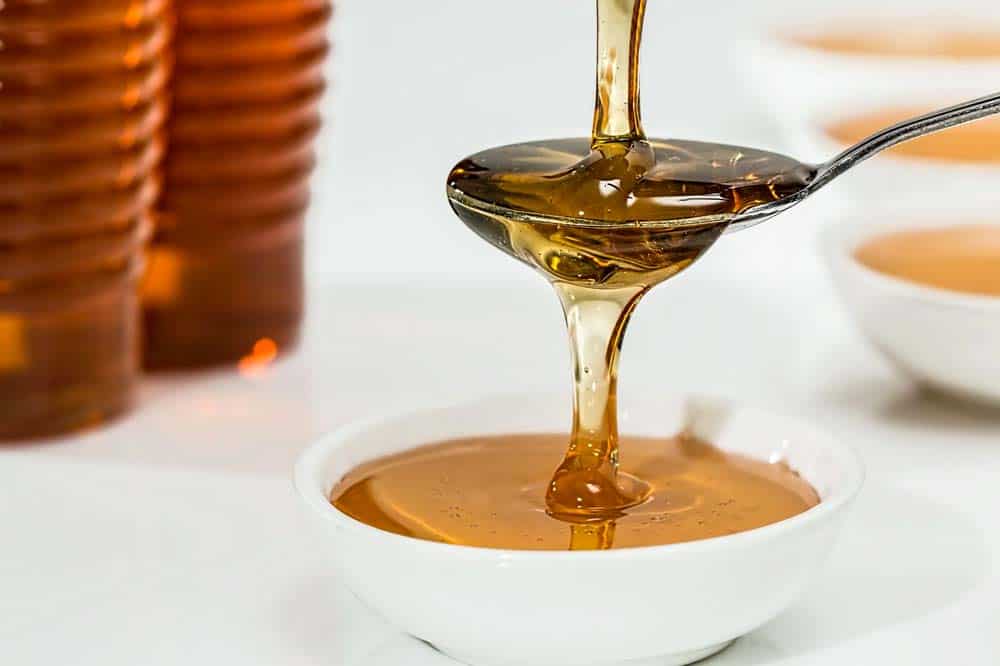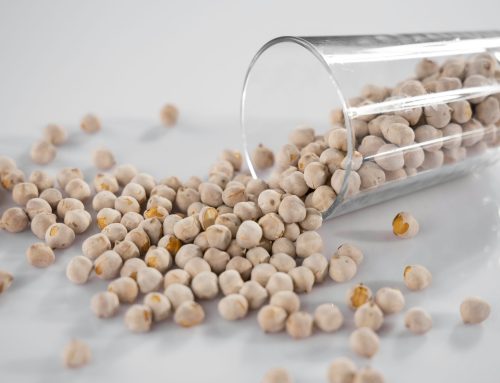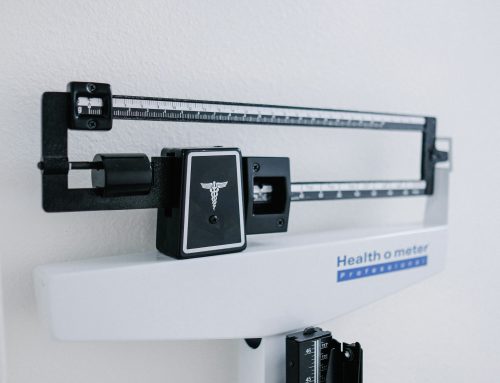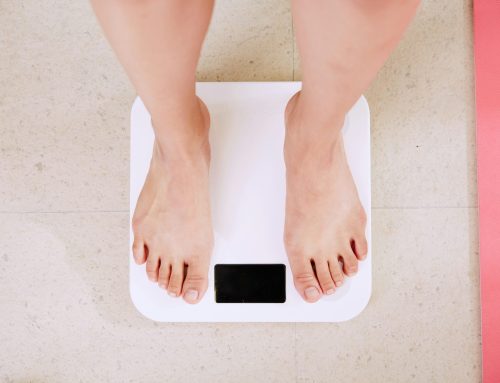Whether you’re looking to sweeten your morning oatmeal or you want a sugar substitute for your next baking project, the decision between maple syrup and honey can be quite tricky.
Both honey and maple syrup are good natural options for sweetening your food. While there is no clear advantage to one or the other, both honey and maple syrup have their own unique health benefits when compared to traditional sweeteners.
The debate over honey vs syrup has dragged on for years. So, to settle things once and for all, we’ll walk you through everything you need to know about these natural sweeteners so you can choose the one that’s right for you.
Why Choose A Natural Sweetener?
Before we talk about the differences between maple syrup and honey, we need to set the record straight on sugar. These days, a lot of what we eat is packed full of sugar. While sugar sure tastes great, it’s just not very good for you in large quantities.
Consuming an excessive amount of refined sugars (like what you’d find in soft drinks, candy, yogurts, and cereals) can significantly increase your risk for a variety of diseases. In fact, a 2014 study from Harvard found that there’s a connection between sugar consumption and one’s risk for heart disease.
Additionally, the researchers found that consuming large amounts of added sugar can also increase your risk of developing various conditions. These conditions include fatty liver disease, diabetes, high blood pressure, obesity, and chronic inflammation.
However, it’s important to keep in mind that your body really cannot tell the difference between “natural” sweeteners and “refined” sugars. According to Harvard Medical School, our body processes all types of sugar in the same way. This means there’s no real difference to how our body reacts to honey or high fructose corn syrup.
Glycemic Index
Although your body processes all sugars in the same manner, each type of sugar has a different effect on our blood sugar levels. After we eat, our body experiences a spike in blood sugar, called “postprandial blood glucose.”
Since consistently high blood sugar levels in the body can eventually lead to Type 2 diabetes, it’s best to minimize our postprandial blood sugar spikes. Thankfully, there’s a way to measure how much food can raise our blood sugar levels after eating: the glycemic index.
The glycemic index is a number ranking system that shows us how much a particular food raises our blood sugar levels when compared to pure sugar (i.e., glucose). This metric is where natural sugars shine.
Here are the glycemic index scores for some common sweeteners:
- Maltodextrin: 110
- Glucose: 100
- High Fructose Corn Syrup: 87
- Table Sugar: 80
- Corn Syrup: 75
- Maple Syrup: 54
- Honey: 50
As you can see, maple syrup and honey both have substantially lower glycemic index scores than traditional sweeteners. In reality, the best thing to do is cut down on our overall sugar intake. But, if you do want to add a sweetener, choosing a low glycemic option can help lower your risk of diabetes and heart disease.
The Benefits Of Natural Sweeteners
In addition to their lower glycemic load, natural sweeteners have some nutritional advantages to sugar. The main benefit of choosing a sweetener like honey or maple syrup is that they provide essential nutrients that you just can’t get from cane sugar.
Plus, most natural sweeteners add a lot of flavor to your food that you also can’t always get from using refined sugars. So, while we should still limit our overall consumption of sugar, choosing a natural sweetener can provide some health benefits.
Maple Syrup Vs. Honey
In the world of natural sweeteners, two options reign supreme: maple syrup and honey. Both options are highly popular, but they each have unique advantages and disadvantages. Let’s take a look at the benefits of both honey and maple syrup.
Is Maple Syrup Healthy?
Maple syrup is a very common natural sweetener, particularly in the northeastern United States and Canada. Real maple syrup (not the fake corn syrup stuff) comes from tree sap, which is then boiled to the right consistency.
According to the USDA, 1 tablespoon of maple syrup contains 52 calories. As we’ve mentioned, the glycemic index of maple syrup is 54. This is relatively low as far as sweeteners go (not counting artificial sweeteners, which may have some adverse health effects).
Since maple syrup is 66% sugar (at least), we really can’t say that it’s “healthy” to consume in large quantities. But, maple syrup does have some health benefits. Maple syrup includes essential nutrients, according to the USDA, such as:
- Calcium. Maple syrup has the same calcium concentration as milk. Calcium is essential for bone health.
- Iron. Iron is vital for our body’s ability to transport oxygen in the blood.
- Potassium. Potassium helps regulate our bodily fluids.
- Magnesium. Magnesium helps regulate nerve and muscle function. It’s also important for bone health.
- Vitamins B2, B3, B5, B6, B7, & B9. The B vitamins are essential for regulating healthy cell functioning and the body’s metabolism.
Additionally, there are over 54 compounds in maple syrup that have direct health benefits. These include a whole host of antioxidants, some of which can help prevent conditions like cancer, diabetes, and heart disease.
Is Honey Healthy?
Honey is a natural sweetener, just like maple syrup. But, unlike maple syrup, honey is harvested from beehives, not trees. While maple syrup is only produced in eastern North America, honey can be produced anywhere you can find bees.
According to the USDA, honey has nearly 64 calories per tablespoon. As we’ve mentioned, the glycemic index of honey is 50. So, while honey has slightly more calories than maple syrup, it also has a slightly lower glycemic index.
However, where honey shows its worth is in the world of nutrients. Here are some of the great things you can find in honey:
- Antioxidants. Honey is chock full of antioxidants, which can help protect our cells from long-term damage.
- Amino Acids. Amino acids are the basic compounds of proteins.
- Vitamins and Minerals. Honey contains vitamins A, B, C, and E.
Plus, some people use local raw honey as a natural remedy for seasonal allergies. While this claim has not been definitely supported by research, if eating honey seems to help your allergies, then there’s no harm in doing so.
The Verdict
At the end of the day, both honey and maple syrup are solid alternatives to regular sugar or artificial sweeteners. While honey and maple syrup are sugars – and should be eaten in moderation – they have some definite advantages to regular sugar.
Whether you choose honey or maple syrup comes down to personal preference and local availability. Both honey and maple syrup have relatively low glycemic index scores as sweeteners go. Additionally, both are chock full of essential nutrients.
So, if you prefer maple syrup to honey or vice versa, there’s no definitive health-related reason to switch.








Leave A Comment